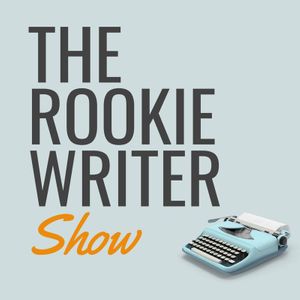Episode 014 | Traditional, Indie, and Hybrid Publishing
The Rookie Writer Show - A podcast by H. Dair Brown, The Rookie Writer Show Host

Categories:
HOT TIP: If you only click on one thing here, this is the one: The Key Book Publishing Paths: 2019-2020 by Jane Friedman, the guru of all gurus when it comes to the writing business
Traditional Publishing
* Best if you want to be certain to be eligible for traditional awards and prizes and/or want to have the best chance of seeing your physical books in bookstores* Best if you don’t have resources available upfront – you’re paid before your book is released, more commonly known as an “advance,” which you must “earn out” (read: pay back) before you collect any royalties from sales of your book* Requires the most persistence/resilience – usually requires that you secure an agent before you can submit your manuscript to publishers, though some smaller presses will allow you to submit your manuscript directly to them* Requires the most patience – the book industry can move at a glacial speed
Resources
* The 5 Year Plan to Becoming a Bestselling Author (Course) by Thomas Umstattd Jr. and Jim Rubart* How to Get Published – 6 Steps to a Traditional Publishing Deal by Jon Reed* Start Here: How to Get Your Book Published by Jane Friedman
Indie Publishing
* Also known as “Independent Publishing” and “Self-Publishing”* Has emerged as a viable option since 2000* Best if you like to have creative and business control over your work. No gatekeepers or support staff – you make all the decisions and do all the work, though you can (and should) hire help in the form of editors, cover designers, etc. Organizations like Reedsy and New York Book Editors can help with that, as can print-on-demand distributors like IngramSpark, BookBaby, and Blurb book aggregators like Draft2Digital, Smashwords, Gatekeeper Press, PublishDrive and StreetLib * Authors keep a higher percentage of the profit from book sales and retai...